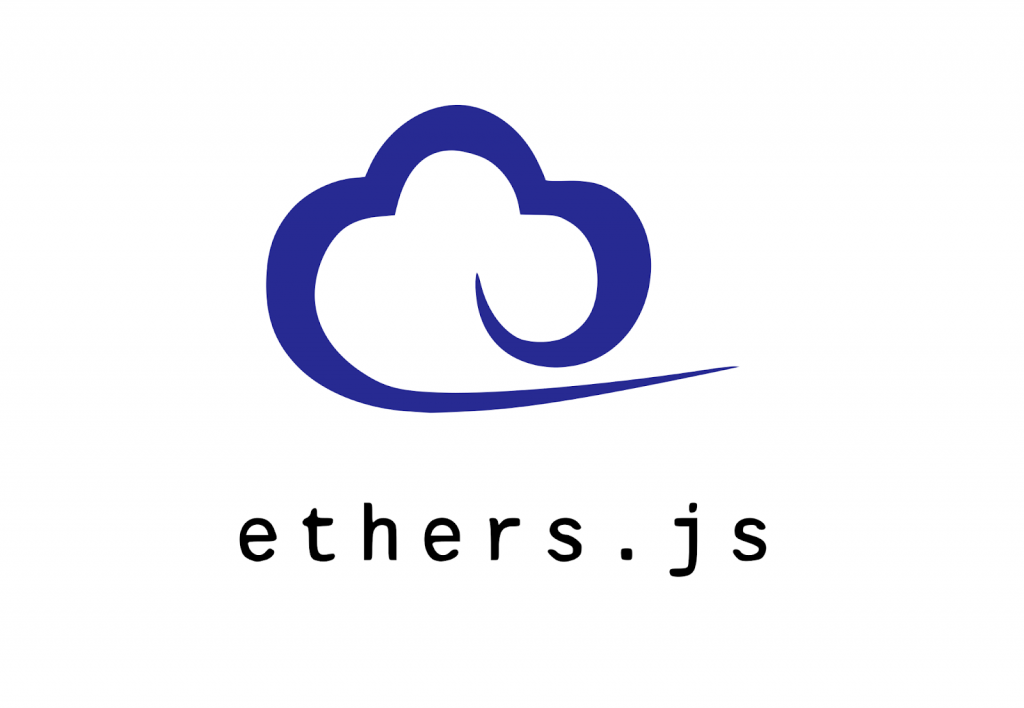Top Blockchain Development Tools For Every Frontend Developer
Discover the best blockchain development tools essential for frontend developers in 2024.
Overview
Blockchain technology is reshaping digital platforms, offering secure transactions and decentralized data storage. Incorporating blockchain can significantly strengthen application security, transparency, and productivity for front-end developers.
However, achieving proficiency in blockchain development necessitates the use of appropriate tools. This document highlights some of the essential blockchain development tools that every front-end developer should include in their collection of tools.
1. WAGMI

WAGMI is a React, Vue Hooks, and VanillaJS library tailored for decentralized app (dapp) development, focusing on Ethereum interactions. It simplifies the integration of blockchain functionalities into front-end applications, making it an essential tool for developers aiming to build robust dapps.

Features:
Comprehensive Hooks: Over 20 hooks for managing wallets, ENS, contracts, transactions, and signing.
Wallet Connectors: Built-in connectors for injected providers, WalletConnect, MetaMask, and Coinbase Wallet.
Data Handling: Advanced caching, request deduplication, and data persistence.
Automatic Updates: Auto-refresh data on wallet, block, and network changes.
2. Thirdweb

Thirdweb SDK is a Full-stack, open-source web3 development platform that enables the development of web3 applications on any EVM-compatible blockchain. It simplifies blockchain integration, allowing developers to focus on building a complete web3 app.
Features:
Client SDKs: It offers a range of components and hooks designed to simplify wallet integration and interaction with smart contracts.
User Onboarding: Simplifies onboarding with support for various wallets and payment methods.
Account Abstraction: Facilitates user interactions with blockchain through account abstraction techniques.
In-App Wallets: Enable in-app wallet functionalities for a better user experience.
3. Ethers.js

Ethers.js is a JavaScript library designed for Ethereum blockchain interaction. It provides a comprehensive toolkit for building decentralized applications.
Features:
Providers: Act as intermediaries between the Ethereum network and your DApp, simplifying data queries and transaction broadcasts.
Wallets: It enables wallets to sign transactions and interact with smart contracts, ensuring secure and seamless account management.
Contracts: It supports object instantiation for contracts, making it easier to call contract functions like native JavaScript methods.
Signers: It facilitates transaction signing and message authentication.
4. Web3.js
Web3.js is an open-source JavaScript library developed by the Ethereum Foundation, enabling interaction with Ethereum nodes using various communication protocols like HTTP, IPC, or WebSocket.
Features:
Interact with Smart Contracts as JS Objects: It allows developers to interact with smart contracts.
Subscribe to Specific On-Chain Events: It supports subscribing to specific on-chain events, enabling real-time monitoring of blockchain activities.
Interact with the Ethereum Name Service (ENS): It facilitates interaction with the Ethereum Name Service (ENS).
Utilities with Built-in Helpers for Ethereum DApps: It provides a variety of built-in utilities and helpers that simplify common tasks in Ethereum DApp development.
5. Moralis

Moralis is a development platform offering a Web3 toolkit for creating, launching, and growing dapps on multiple blockchains such as Ethereum, Binance Smart Chain, and Polygon.
Features:
Blockchain Integration: Seamless integration with various blockchain networks.
User Management: Simplifies authentication and authorization services.
Real-Time Data Sync: Keeps dapps updated with the latest blockchain data.
Decentralized File Storage: Secure storage and retrieval on IPFS.
6. RainbowKit
RainbowKit is a React library that simplifies adding wallet connections to dapps. It's designed to be user-friendly, responsive, and highly customizable.
Features:
Ease of Use: Intuitive design for quick integration.
Customization: It is highly customizable to fit different project needs.
Responsive: It ensures a seamless user experience across devices.
Comprehensive Documentation: Provides detailed guides and examples.
7. Web3Auth

Web3Auth is a pluggable wallet infrastructure for Web3 wallets and applications. It streamlines the onboarding of both mainstream and crypto-native users in under a minute by providing experiences that they're most comfortable with.
Features:
Embedded Wallet UI: Provides an interface for displaying balances and monitoring wallet status.
Custom Authentication: This enables developers to go beyond standard authentication, creating unique, tailored experiences that meet the specific needs and preferences of their user base.
Fiat On-Ramp Aggregator: It supports over 100 payment methods, offering a straightforward and user-friendly solution for users entering the crypto space.
React Hooks: It offers essential React hooks for development.
8. QuickNode SDK

QuickNode SDK provides developers with tools to connect and interact with various blockchain networks efficiently, offering a robust infrastructure for blockchain applications.
Features:
API Access: Instant and scalable API access to multiple blockchains.
Node Management: Simplifies node management and interaction.
Performance: Optimized for high performance and reliability.
Documentation: Comprehensive guides and resources for developers.
9. Infura
Infura offers a development suite that provides scalable API access to the Ethereum and IPFS networks, making blockchain integration easy for developers.
Features:
API Access: Scalable access to Ethereum and IPFS networks.
Developer Tools: Tools for managing blockchain interactions and data storage.
Reliability: High availability and reliability for production applications.
Support: Extensive support and resources for developers.
Conclusion
These tools empower front-end developers to effectively integrate blockchain technology into their projects. From simplifying Ethereum interactions to providing robust development platforms and APIs, these tools cater to a wide range of needs, enabling the creation of secure, transparent, and efficient decentralized applications. Whether building dapps, deploying smart contracts, or integrating decentralized storage, these tools offer the functionality and flexibility required for success in the blockchain landscape.
